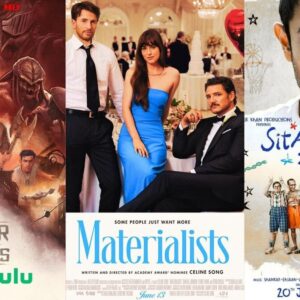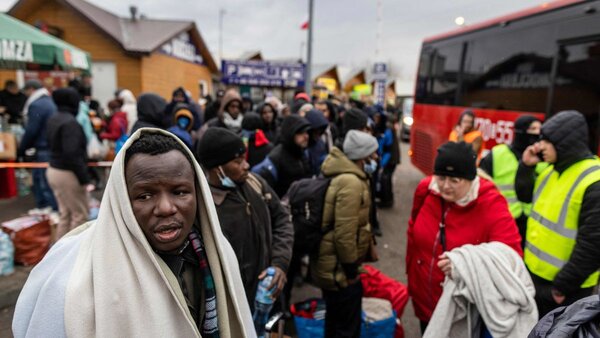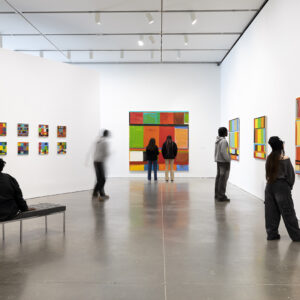A student from Congo Ellie Mboma shared that “We had to stay outside, exposed to the freezing weather that they have here. Nobody tells us where we can find shelter, and we are left out in the cold.”
Saakshi Ijantkar, a fourth-year medical student from India, also shared her unpleasantsituation from Lviv, western Ukraine. She said,
“There are three checkposts we need to go through to get to the border. A lot of people are stranded there. They don’t allow Indians to go through. They allow 30 Indians only after 500 Ukrainians get in. To get to this border you need to walk 4 to 5 kilometers from the first checkpoint to the second one. Ukrainians are given taxis and buses to travel, all other nationalities have to walk. They were very racist to Indians and other nationalities.”
Suchremarkswerelabeled“orientalistandracist”bytheArabandMiddleEasternJournalistsAssociation.” The group added, “This type of commentary reflects the pervasive mentality in Western journalism of normalizing tragedy in parts of the world such as the Middle East, Africa, South Asia, and Latin America. It dehumanizes and renders their experience with war as somehow normal and expected.”
However, last November, Poland massed troops along its border, firing tear gas and water cannons to block thousands of refugees most of them from the Middle East from crossing into Poland. It’s happening where they were seeking asylum in the EU. That contrasts with about 300,000 Ukrainian refugees welcomed to Poland within just the last several days.











